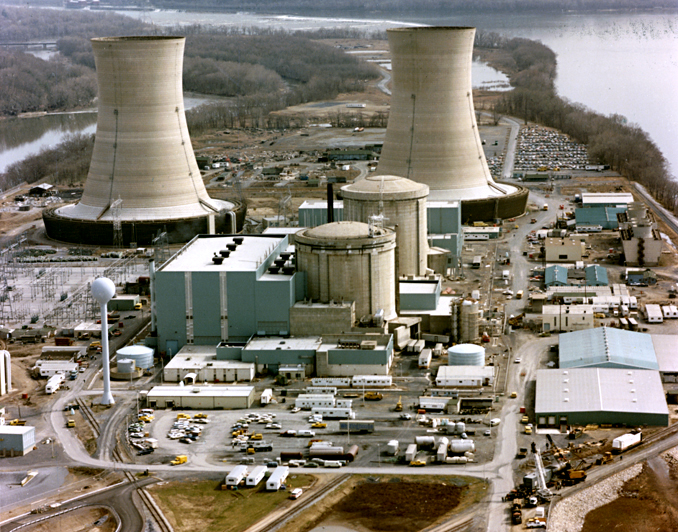1979: Inflation, College, and Making Money: Financial Concerns of Incoming Freshmen

Jimmy Carter was still president. In Great Britain, Margaret Thatcher, the “Iron Lady,” was elected the first female Prime Minister. The dictator Pol Pot’s regime in Cambodia was overthrown by Vietnam-backed insurgents. Nicaraguan President General Somoza resigned and fled to Miami en route to exile in Paraguay, leaving Nicaragua in the control of the opposing Sandinista movement. The Shah of Iran’s government was overthrown by supporters of the Ayatollah Khomeini; after fleeing Iran, the Shah was admitted to the U.S. for medical treatment. As a result, diplomatic relations between the U.S. and Iran deteriorated to the point that the U.S. Embassy was overrun by student militants and approximately 90 American hostages taken.
In the U.S., the state of Ohio agreed to compensate the families of those killed and injured in the Kent State University shootings. The worst nuclear power plant accident in U.S. history took place at Three Mile Island (PA) when a reactor partly melted down, though minimal radiation was released and subsequent studies showed minimal effects on those living and working in the area surrounding the plant. The U.S. economy began to experience a slowdown partly influenced by rising gas costs; inflation rose sharply as well, with an average rate of 11.22%.
Given the rate of inflation, the topic understandably weighed on respondents: 78.2% agreed either somewhat or strongly that “Inflation is our biggest domestic problem.” Of those, 36.6% answered “agree strongly.” The related topic of making money was also on students’ minds. An overwhelming majority (75.5%) stated attending college “to be able to get a better job” was “very important”; attending college “to be able to make more money” was also “very important” to 60.9% of respondents.
When asked about the personal importance of the goal “Being very well off financially,” 60.2% considered it either “essential” or “very important.” One out of five (21.9%) respondents considered it “essential.” With being very well off financially as a goal, it is unsurprising that 20.9% of students overall reported majoring in business; this was the most popular major by far, with engineering coming in second (11.4%) and health professions (10.5%) rounding out the top three majors. Of the respondents who said attending college in order to make more money was “very important,” 25.2% were business majors and 13.1% were engineering majors. Interestingly, 65% of business majors agreed either strongly or somewhat with the view “Wealthy people should pay a larger share of taxes than they do now.”
To further understand the sources of financial support students received in their freshman year, the 1979 version of the TFS asked questions such as whether respondents had received more than $600 in financial assistance from their parents either the year before or in the survey year, equating to roughly over $2,000 in 2014 dollars. Of those who had, 59.8% responded that going to college “to be able to make more money” was “very important.” However, 62.9% of those who had not received more than $600 in financial assistance from their parents also considered it “very important.”
In addition to illuminating the financial concerns of students entering college in the late 1970s, these data provide historical context for today’s discussions on the purpose of a college education and institutions’ responsibilities in terms of educating students specifically for the labor market.
Did you know?: 62.5% of incoming freshmen in 1979 agreed either strongly or somewhat that “Grading in the high schools has become too easy.”
53.5% of freshmen in 1979 had not played a musical instrument in the past year.
When asked “Which of the following life patterns would you prefer ten to fifteen years from now?” about marriage, career, and family, 86.4% of those who chose being single also preferred not to have children.
